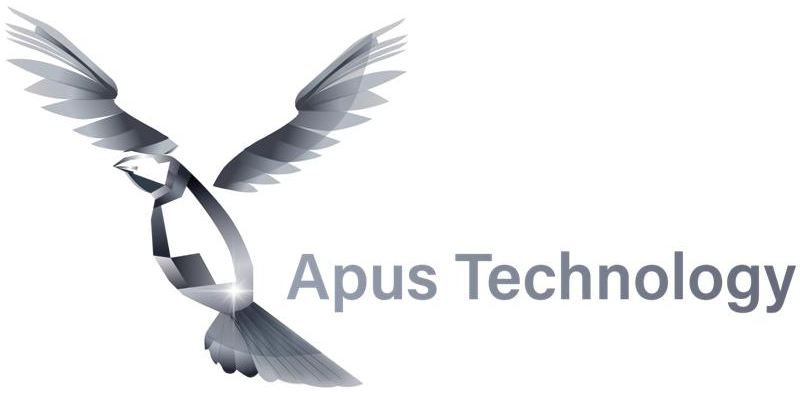This AML Policy applies to customers of Apus Technology Inc. (Apus). A more detailed copy of our AML Policy can be provided upon request.
Money laundering involves disguising the origin of illegally obtained funds to make them appear legitimate. It encompasses the process of transforming “dirty” money derived from criminal activities, such as drug trafficking, corruption, fraud, or organized crime, into “clean” money that can be used without arousing suspicion. By preventing money laundering, the flow of funds derived from criminal activities is impeded, thereby limiting the availability of funds for terrorist activities. Apus considers money laundering a serious criminal offense and is committed to complying with regulatory requirements aimed at preventing and detecting money laundering. These measures include:
- Verifying the identity of our customers through identification checks and screenings
- Retaining transaction and identification records for a minimum of five years
- Training staff on anti-money laundering regulations
- Appointing a Money Laundering Reporting Officer (MLRO) responsible for monitoring and reporting any suspicious activities to relevant authorities
Please note that Apus reserves the right to refuse any transaction if there is suspicion of money laundering or other criminal activities. In accordance with regulations, Apus is prohibited from disclosing such suspicion to the client and is obligated to report any suspicious activity to the appropriate authorities.
Providing false identification or contact details to Apus constitutes a misuse of our service. As a result, we are legally obliged to report such misconduct to the relevant authorities, which may result in a criminal investigation.
Apus does not engage in business with individuals or entities suspected of, or directly involved in, money laundering or any form of illegal activities. To comply with global regulations aimed at combating money laundering and terrorism financing, Apus is required to obtain, verify, and record information that identifies each person or legal entity opening an account with us. This may involve providing documentation, attending video verification sessions, and more. Below are examples of the documentation that may be required. Your customer service representative will guide you through this process.
Examples of information required for companies opening an account with Apus:
When opening an account as a corporation, partnership, trust, or other legal entity, you may be asked to provide information such as your certificate of incorporation, certificate of incumbency, certificate of good standing, source of funds/wealth, principal place of business, and ultimate beneficial owner (UBO) details. Apus utilizes advanced technology for verification purposes, but you may also be requested to provide certified true copies of relevant incorporation documents, a government-issued business license, a partnership agreement, a trust agreement, and more. Additionally, prior to account opening, personal identification documents will be required for all beneficial owners holding 25% or more controlling ownership of the company.
Certification:
If certified true copy documents are required, they must be of good quality, signed, and dated with the words “certified true copy of the original” (or equivalent). Certification can be done by a licensed accountant (e.g., a CPA holder), lawyer, police officer, or bank manager. If none of these options are available, your Customer Service Representative will assist you in finding an appropriate substitute. The person certifying the ID document should be contactable and identifiable, so please provide their license/staff number and contact details on the document copy. The scanned copy should be sent to us, and the originals should be couriered.
Apus may conduct additional security checks on customers at our discretion. Your Customer Service Representative will contact you to assist you with this process.
What happens if I don’t provide the requested information, or my identity cannot be verified? We may be unable to open an account or process transactions for you. If you already have an account with us, it may need to be closed.
